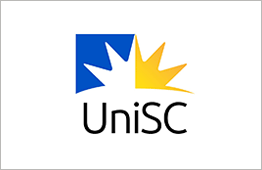Vascular Access Teams: A Key Strategy for the Future of Intravenous Therapy
)
As healthcare systems face rising demand, an aging population, and increasing chronic illness, vascular access practices must evolve to meet future challenges. This special article discusses how Infusion and Vascular Access Devices (IVADs) and specialised vascular access teams can serve as a solution to the growing complexity of intravenous (IV) therapy.
Study Overview
This review explores the role of IVADs in the context of modern healthcare. It highlights the complications associated with venous catheterisation and how nearly 50% of peripheral intravenous catheters (PIVCs) are removed prematurely—often due to complications that can be prevented with better care models.
The article also examines the growing need for professional specialisation and multidisciplinary collaboration in vascular access to enhance patient outcomes, safety, and system efficiency.
Key Findings
- High complication rates remain a challenge: Up to 40% of PIVCs are removed early, and bloodstream infections are associated with higher ICU stays, mortality, and cost.
- 27% of clinical safety events are linked to invasive procedures like venous catheterisation—many of which are preventable.
- The use of vascular access specialist teams (VASTs) can optimise catheter selection, insertion, and maintenance, reducing complications.
- There is limited economic or outcomes-based research on IVADs or VASTs, highlighting a need for future trials.
Conclusion
Vascular access teams have strong potential to improve patient outcomes, reduce complications, and streamline IV therapy delivery—but further research is essential. The authors urge healthcare institutions, researchers, and policymakers to collaborate and build consensus around specialised, evidence-informed vascular access practices.
Read more:https://www.sciencedirect.com/science/article/abs/pii/S2445147925001250?via%3Dihub
Authors: Miguel Ángel Rodríguez-Calero, Peter J. Carr, Paulo Santos-Costa, Ian Blanco-Mavillard








